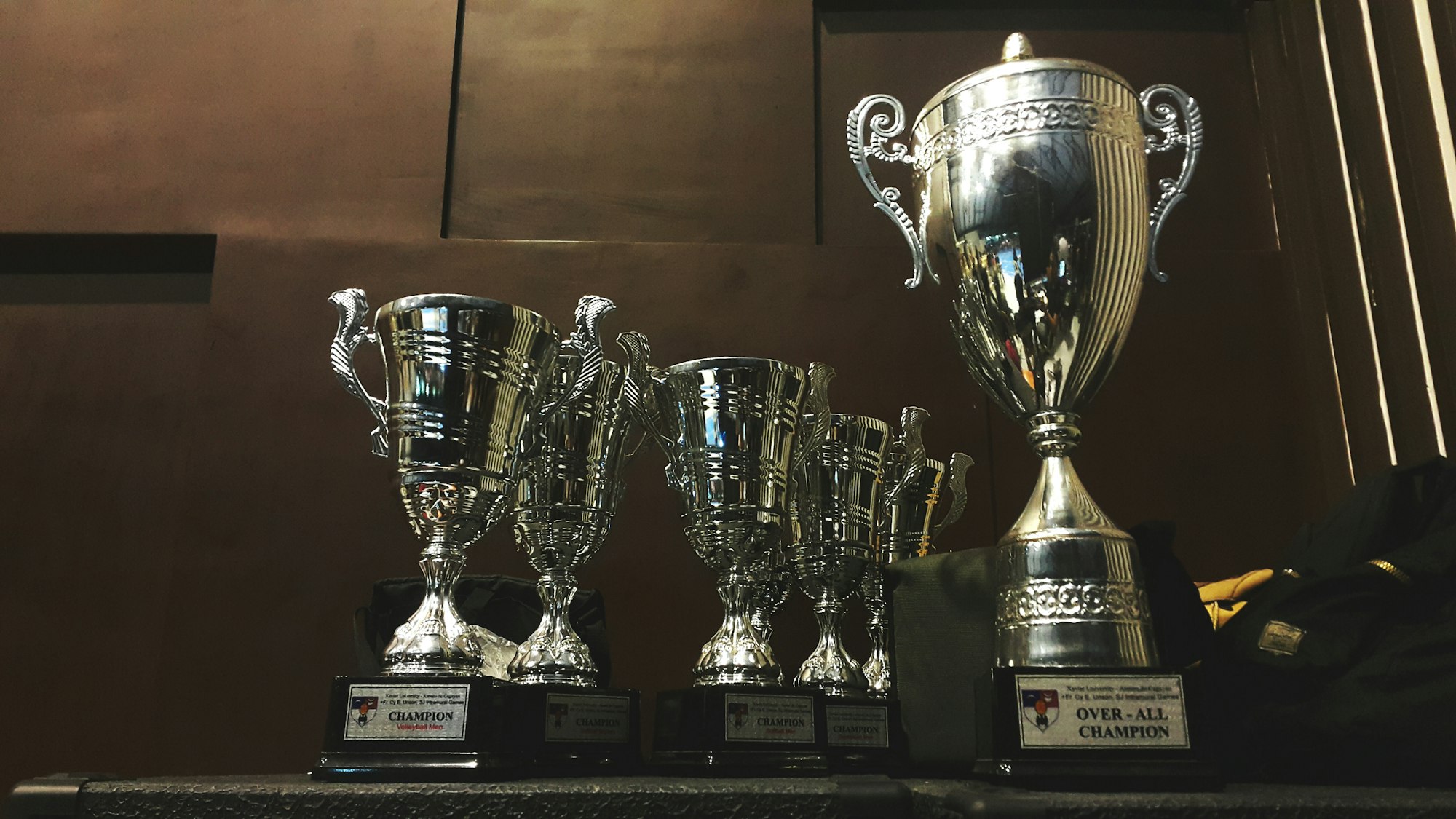The University of Virginia Holds Entrepreneurship Competition

The University of Virginia took a big step this week towards being as entrepreneur-friendly as other top institutions like Stanford and MIT are by sponsoring the U.Va. Cup competition, with $35,000 in prize money up for grabs.
The winners were Adam Malcom and Scott Kasen of U.Va's Engineering School, with a belt-based live preserver concept that is "more comfortable, unobtrusive and wearable than typical personal flotation devices." Their design had previously won first place in a 2006 international competition by the Boat U.S. Foundation for Boating Safety and the Personal Flotation Device Manufacturers Association.
Competitions like this are key to encouraging entrepreneurism at an institution like U.Va. When I graduated from the McIntire School of Commerce in 1998, the school was mostly a feeder school for the large investment banks in New York. Being an entrepreneur at U.Va. in the late 90's was a very lonely experience, exacerbated by the institutions's attitude that as a public university, its hands were tied as to how proactive it could be in encouraging private endeavors like entrepreneurism. In fact, I encountered quite a bit of resistance from the University while I was there.
Fortunately, these attitudes are changing. One only need look to MIT and Stanford as models of how an academic + private partnership can bear tremendous fruit. Companies like Yahoo and Google are a result of their founder's time at Stanford. And it turns into a virtuous cycle, as Jerry Yang's $75MM pledge back to Stanford shows.
Walt Mossberg of the Wall Street Journal summed it up well in this article:
"Stanford played a much bigger role in that. Yahoo, Google, quite a few other of those Silicon Valley companies. The reason Silicon Valley is Silicon Valley is Stanford. Obviously not everyone went to Stanford, but it has been a huge catalyst; an area that at one time - I think as recently as 30 or 35 years ago - was primarily a fruit and flower growing area, and now it's called Silicon Valley."
The University of Virginia has let these opportunities slip past it for too long. It has a unique opportunity to tap into the creativity and drive of its top-tier student base to encourage entrepreneurism within its community. If there are still any political barriers keeping it, as a public institution, from fostering these traits in its student body, they must be struck down.
Thankfully, U.Va. is taking small steps towards this goal. The U.Va. cup is one such step, and the creation of an "Entrepreneurism Track" at McIntire is another. But until the University prioritizes entrepreneurial activities as a top item, and indeed until U.Va. makes it its goal to meet and surpass the amazing academic + private partnerships forged by other top institutions in this country, it will always lag behind in innovation, results, and most painful of all, the potential of its student body and alumni will remain unfulfilled.